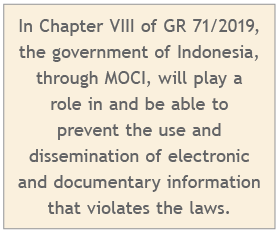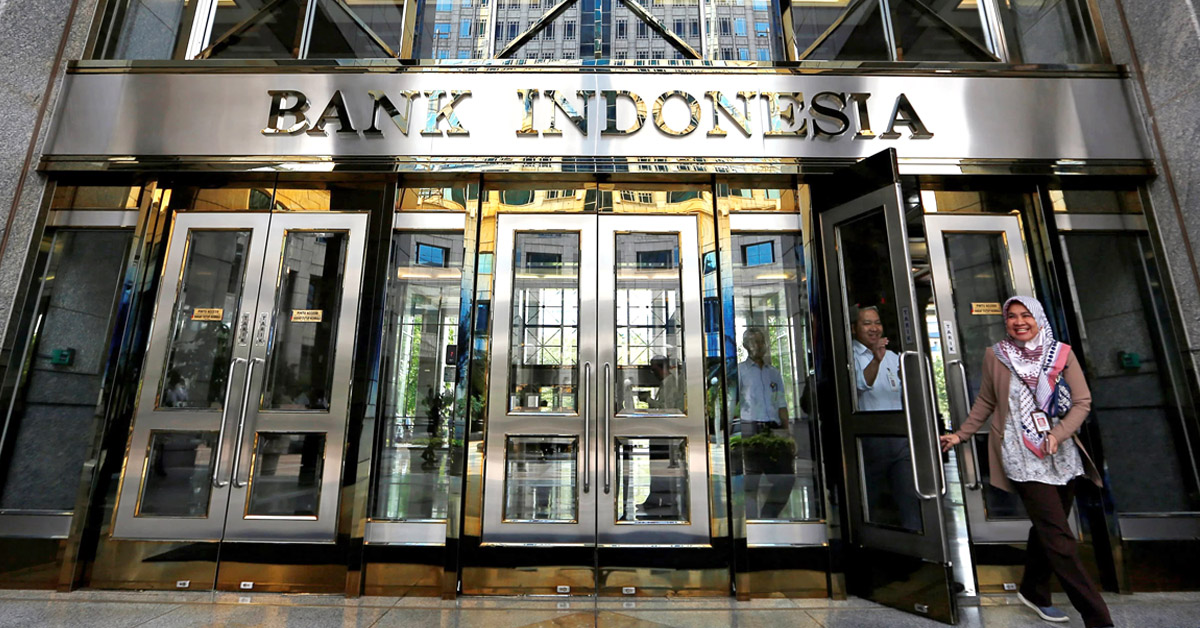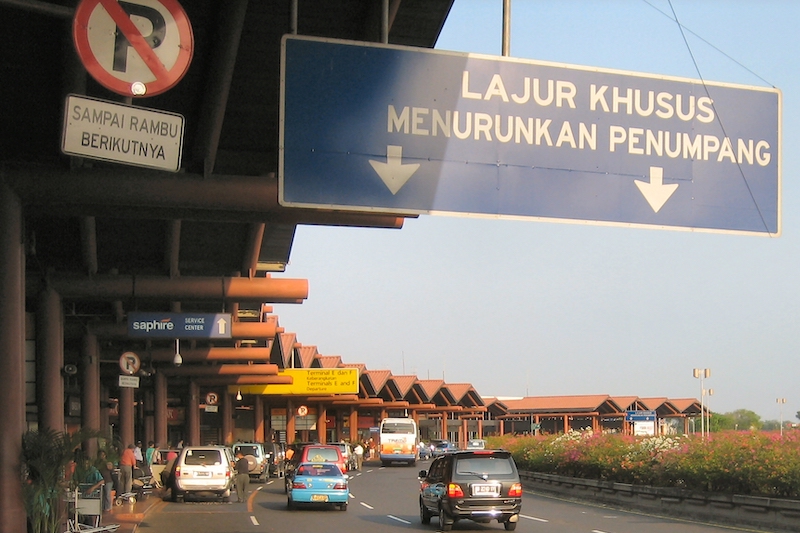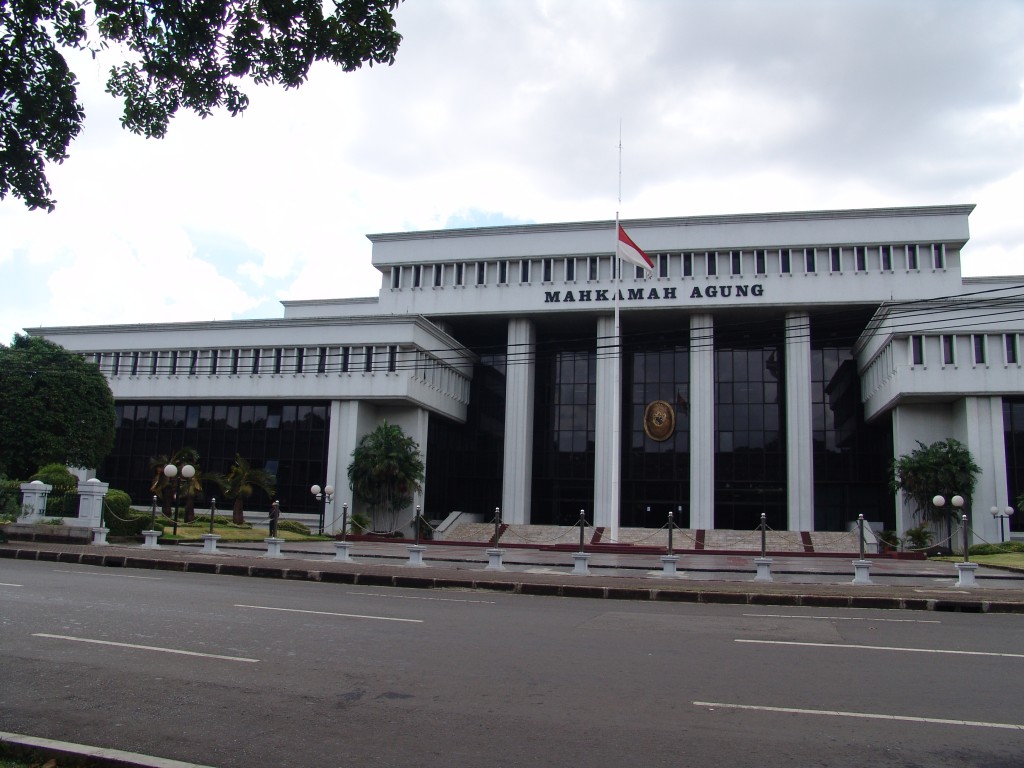 By Brinanda Lidwina Kaliska, Kurniawan Tanzil and Rahayu N Hoed, Makarim & Taira S.
By Brinanda Lidwina Kaliska, Kurniawan Tanzil and Rahayu N Hoed, Makarim & Taira S.
The Government of Indonesia finally issued Government Regulation No. 71 of 2019 on Organisation of Electronic Systems and Transactions (GR 71/2019) on 4 October 2019, gaining momentum as the country sees the rise of ‘unicorns’ and President Joko Widodo boasting about the country’s digital economy. GR 71/2019 replaces Government Regulation No. 82 of 2012 with the same title and came into force on 10 October 2019.
GR 71/2019 has 11 chapters and an extensive scope. It introduces several new concepts, such as the private and public categories of electronic system organisers (ESO), the right to delist and the government’s role in electronic systems and transactions.
The following are several key provisions of GR 71/2019.
ESO: New categories and registration
GR 71/2019 introduces two new categories of ESO:
- ESOs in the public sector: These ESOs include legislative, executive and judicative institutions along with other agencies formed under the laws and regulations (collectively, Agencies) and institutions appointed by the Agencies to manage and organise electronic systems for and on their behalf. However, regulatory and supervisory authorities in the financial sector are not considered public ESOs.
- ESOs in the private sector: These ESOs are Indonesian or foreign individuals, business entities, and the community that manage and organise electronic systems.
According to GR71/2019, private ESOs are those who have internet portals, sites or applications and are engaged in the provision of goods or services or which offer trading, including financial services and a broad range of other internet and data services.
GR 71/2019 requires ESOs in both the public and private sectors to be registered before the users can use them. ESOs should submit their registration applications to the Minister of Communication and Informatics (MOCI). The registration procedures still follow those under MOCI Regulation No. 36 of 2014.
The right to be forgotten (right to erase) and the right to delist
GR 71/2019 provides users the right to be forgotten and to delist, and ESOs must remove electronic documents under their control as requested by the electronic document and information owners. The right to be forgotten is provided under Law No. 19 of 2016 on amendments to Law No. 11 of 2008 on Information Technology and Electronic Transactions. Meanwhile, the right to delist is a new term introduced in this regulation meaning to be removed from a search engine list.

Sanctions
Sanctions for non-compliance vary. Depending on the type of non-compliance, they can be written warnings, fines, a temporary suspension of the business, termination of access or being removed from the list. GR 71/2019 does not explain whether the “list” refers to the list of registered ESOs that the MOCI is responsible for. The termination of access according to the elucidation, means the blocking of access to the internet, the deactivation of an account, or the deletion of content by the MOCI.
However, according to the elucidation of the regulation, moral and civil violations are not subject to administrative sanctions under GR 71/2019.
Transitional provisions
Existing ESOs must register (in both the private and the public sector) within one year after the issuance of GR 71/2019, that is by 10 October 2020.
GR 71/2019 revokes GR 82/2012, but its implementing regulations remain valid as long as they do not contravene GR 71/2019. MOCI will likely issue implementing regulations in the future, since some regulations remain under GR 82/2012. For example, the procedures for registering an ESO are still those under MOCI Regulation No. 36 of 2014, which at that time only required ESOs in the public sector to register. The issuance of GR 71/2019 means that MOCI will have to amend this regulation.
What to expect next
In Chapter VIII of GR 71/2019, the government of Indonesia, through MOCI, will play a role in and be able to prevent the use and dissemination of electronic and documentary information that violates the laws. This includes the ability to terminate access to electronic information that:
- violates the prevailing laws and regulations ;
- is unsettling to the public and public order; or
- provides ways or access to distribute illegal electronic information or documents.
It will be interesting to see how the government and MOCI (especially the latter, as it will issue separate implementing regulations) will apply the above, especially when GR 71/2019 allows the public, law enforcement officers and courts to submit requests for the termination of access to such unsettling or illegal information as described in (i) – (iii) above.

E: brinanda.kaliska@makarim.com
E: kurniawan.tanzil@makarim.com
E: rahayu.hoed@makarim.com
























 Makarim & Taira S. (Old)
Makarim & Taira S. (Old) Rahayu Ningsih Hoed
Rahayu Ningsih Hoed



